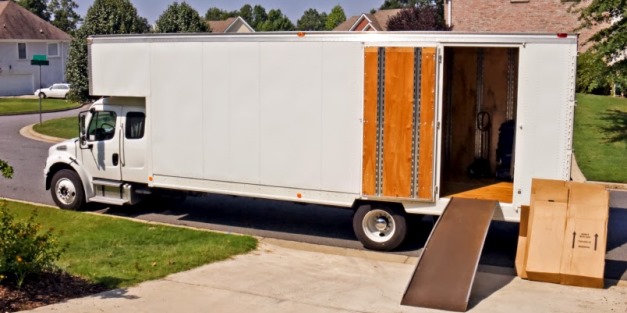By Hugh Faloon, CPA, CA, TEP, Partner
With the ever-increasing mobility of the labour force in Canada causing more and more people to relocate across the country for work, it’s important to consider the potential tax implications if faced with a move. A few of the main topics have been summarized below for your information.
Moving Solely for Tax Purposes
Firstly, it is important to understand that individuals pay income taxes on employment and investment income to the province they live in on December 31st of that year. Business income can be taxed in multiple provinces if the business is located in more than one province.
It typically does not make financial sense to move to a new province for tax purposes. While it’s true that moving to a province with a lower rate of income tax will result in paying lower income taxes, you also have to take into consideration the costs, such as the costs of moving, housing, and provincial sales and health taxes.
Moving for Business or Job-Related Purposes
If you are moving for job-related purposes, there are tax considerations of which you should be aware. You can deduct eligible moving expenses from employment or self-employment income you earn at the new work location. In addition, subject to certain conditions, you can deduct expenses relating to relocation as a full-time student enrolled in a post-secondary educational institution.
These deductions are available in the case of an eligible relocation, which is a move that allows the individual to be at least 40 kilometres closer to their new work or institution’s location. Any reimbursements received from your employer must be applied to reduce the eligible moving expenses claimed.
Deductible Moving Expense
You can deduct, within reason, the cost of moving yourself, your family, and your household effects. Moving expenses are typically deductible based on when they are paid. If you moved in 2015 and actually paid the moving expense in 2016, then the amount is deductible in 2016. Similarly, if no income was earned from your new employment in the year of the move, unused moving expenses can be carried forward and deducted in the following year.
Eligible moving expenses include, but are not limited to:
- Transportation and storage costs for household effects, including items such as trailers and boats.
- Travel expenses, including vehicle expenses, meals and accommodation for up to 15 days of travel.
- The cost of cancelling a lease for your old residence, with the exception of any rent paid during the period you lived there.
- Legal fees incurred for the purchase of a new residence, as well as any taxes paid, excluding HST or property taxes.
- The cost of selling your old residence, including advertising, legal fees, real estate commission, and mortgage penalties.
- Costs related to changing your address on all legal documents.
- Replacing licences and non-commercial vehicle permits.
- Utility hook-ups and disconnections.
- Up to $5,000 for costs in interest, property taxes, insurance premiums, heat and utility expenses paid to maintain the old residence when it was vacated following a move.
Non-deductible expenses include:
- Costs related to the improvement of the residence in an effort to sell it.
- Losses incurred from the sale of the house.
- Costs related to house hunting.
- Expenses related to job hunting, such as travel.
- Expenses to replace personal items, such as tool sheds, drapes, and carpets.
T1-M Moving Expenses Deduction Form
In order to claim the eligible expenses, you must complete form T1-M Moving Expenses Deduction and file it with your personal tax return. Because of the tendency to overdeduct expenses and the complexity of the rules, this is a highly reviewed area by the Canada Revenue Agency. Therefore, you should keep all of your receipts relating to the move for up to 7 years after filing your return. The form can be found on CRA’s website.
Additional Considerations
In addition to the deduction available, some credits may be impacted by your move. For example, any unused provincial tuition carryforward balances could be modified depending on the province you currently reside in, and where you are moving. In addition, there are programs run provincially which will no longer be available to you, such as the Ontario Trillium Benefit if you are leaving Ontario.
If you are considering moving, speak with your accountant for any issues that may arise in your particular situation.
GGFL is a member of Canada’s largest association of independent accounting firms. If you are considering an out-of-province move, GGFL can help connect you with the appropriate DFK affiliate.







